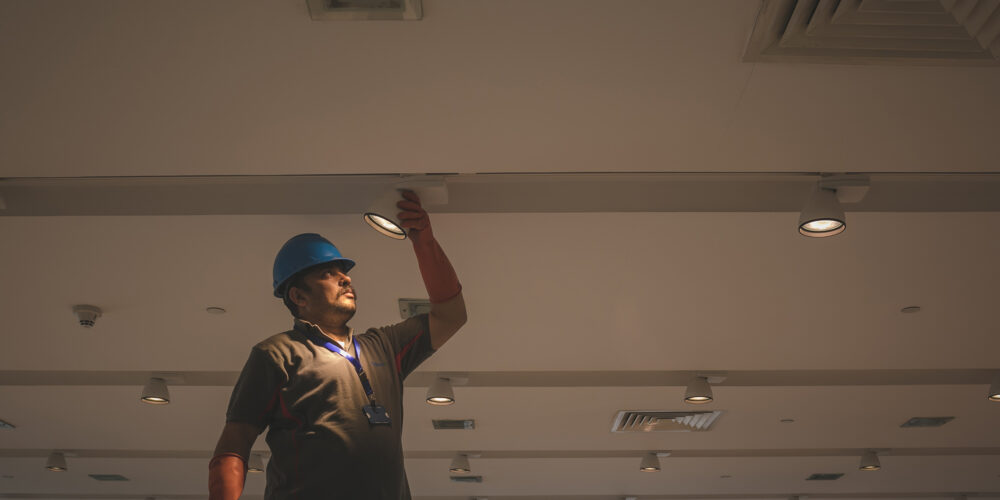Preventive vs. Reactive - Egypro FME

- November 23, 2020
- By admin
- Facility Management
Most maintenance tasks are either “reactive” or “preventive.” Successful Facility Managers understand how to maintain a healthy balance of reactive and preventive maintenance. Relying only on reactive maintenance can leave any FM team feeling stressed and overwhelmed. Thus comes the importance of having a program that emphasizes preventive maintenance and reduces the potential for reactive maintenance.
What Is Reactive Maintenance?
A reactive approach means that something must break down before an action is taken. ِAn asset malfunctions, a maintenance technician identifies the problem and takes steps to repair the asset. It is a crisis-based approach with a somewhat chaotic execution of work responsibilities and frequent equipment failures. The unprepared nature of this approach often results in unplanned downtime because of equipment failure, delays in service calls in addition to increased costs due to broken equipment/components.
Some maintenance strategies purposely create reactive work. However, if maintenance issues begin to accumulate, facility teams can quickly become overwhelmed and frustrated. As the tasks compile, repair costs can multiply and worsen over time. Most of the saved money from reactive maintenance is often spent on unexpected repairs and parts replacements. Therefore, investing in a dependable preventive maintenance program is always a good idea.
What Is Preventive Maintenance?
On the other hand, a preventive approach to facility management involves forward planning and identifies issues before they occur. Real-time measurements are taken to foresee system and equipment failures, resulting in the minimization of negative consequences. It is a preparation-based approach with organized execution of responsibilities and a faster response to service calls. In addition to completely functional equipment and building components and longer life-critical equipment, PM offers the opportunity to have more accurate and detailed measuring and reporting of FM metrics.
Preventive maintenance offers a range of advantages over reactive maintenance. A preventive maintenance program should have backup plans in place in the event of a breakdown. Equipment is proactively monitored and maintained to confirm optimal functionality. The biggest benefits of preventive maintenance are an extended lifetime of important assets, limited downtime, and maximum team productivity. While reduced costs could be a big advantage, an even bigger one is knowing your team is safe on their duty. Consistently and timely monitoring, inspecting, and servicing dangerous equipment within a PM program means reduced risk and danger in the facility.
If your facility adopts a reactive approach to maintenance, it is time to invest in a preventive maintenance program for the good of your facility and team.
you can view all services in EgyproFME by clicking here
Related Blogs



